Key Issues in Lisbon's Mayoral Debate
In a heated debate among candidates for Lisbon's City Council, mobility and public transport took center stage. Alexandra Leitão of the Socialist Party argued that mobility has regressed over the past four years, stating, 'We have a city hostile to pedestrians because investment was only in cars.' She highlighted that Carris buses are moving at an average speed of just 13 km/h, with no new bus lanes added and even some removed. Leitão emphasized the need for reliable schedules for both Carris and the Metro, noting that even with free public transport initiatives, usage hasn't increased under current mayor Carlos Moedas.
Bruno Mascarenhas of Chega criticized the construction of cycle paths without proper planning, calling for their removal in some cases. Meanwhile, João Ferreira of the CDU proposed doubling annual investment in Carris to €100 million over the next term and abandoning the circular line project in the Lisbon Metro. Moedas did not get a chance to respond to these points in the final segment.
Homelessness and Urban Hygiene
On homelessness, Mascarenhas confirmed Chega's ambition to reduce the number of homeless people to zero, though his explanation lacked detail, mentioning only a 'case manager per person' for support. For urban hygiene, Leitão claimed that 'Lisbon has never been dirtier or smelled worse,' advocating for daily waste collection and a container washing center. Ferreira pointed to deeper issues in hygiene management, criticizing both past and current administrations for misallocated competencies between municipal and parish councils, leading to higher costs and disorganization.
Security and Immigration
Security discussions included Ferreira's call for reopening local police stations ('esquadras de proximidade'), which he said have closed due to poor conditions despite appeals to Moedas. He dismissed the focus on surveillance cameras as limited in deterrence. Mascarenhas supported increasing the Municipal Police's power and promised a temporary holding center for immigrants, accusing Moedas of not standing up to the national government for more resources.
Leitão broadened the concept of insecurity to include public lighting and degraded spaces like Jardim da Estrela and Jardim do Príncipe Real. She criticized the current administration for not installing 217 licensed surveillance cameras and for illegal orders given to the police. Moedas defended his record, noting efforts to double the lighting service staff and attributing garden maintenance to parish councils.
Ferreira stressed that municipalities don't set immigration policies but should foster an open and inclusive city. He proposed an 'embassy of solidarity' to provide immigrants with information on rights, language skills, and job market support.

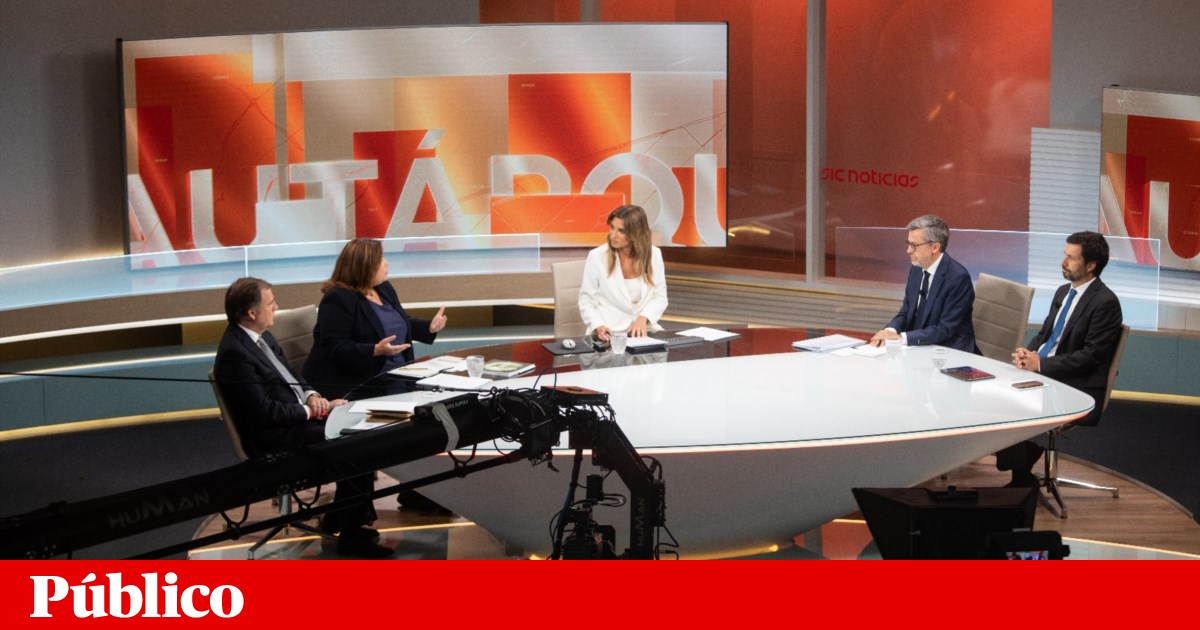


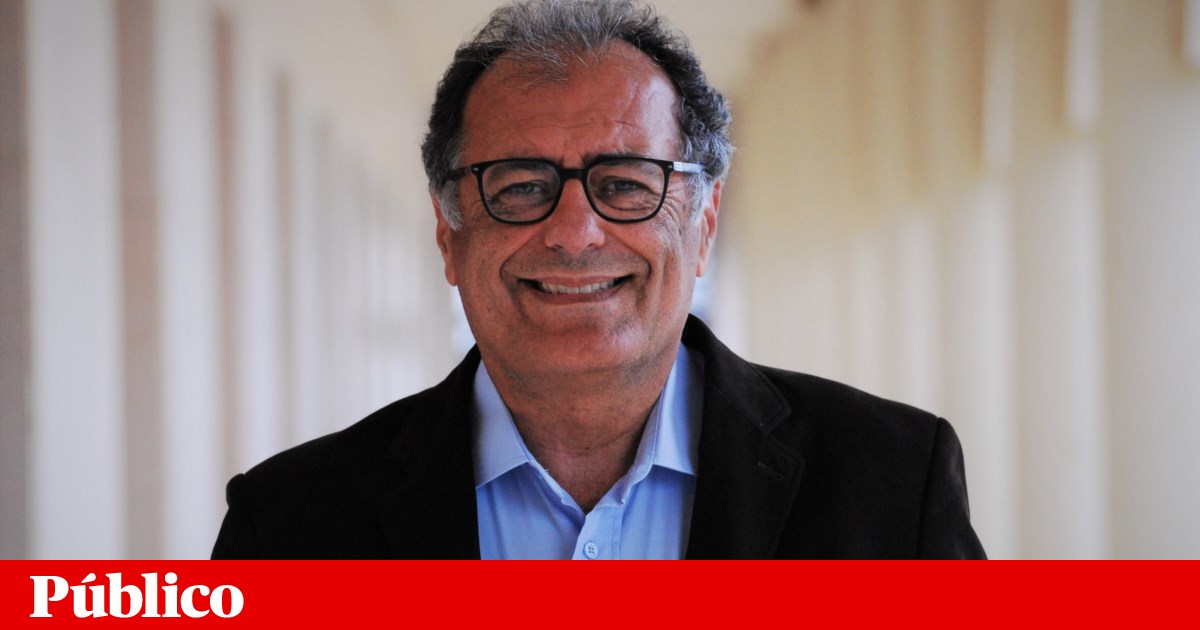


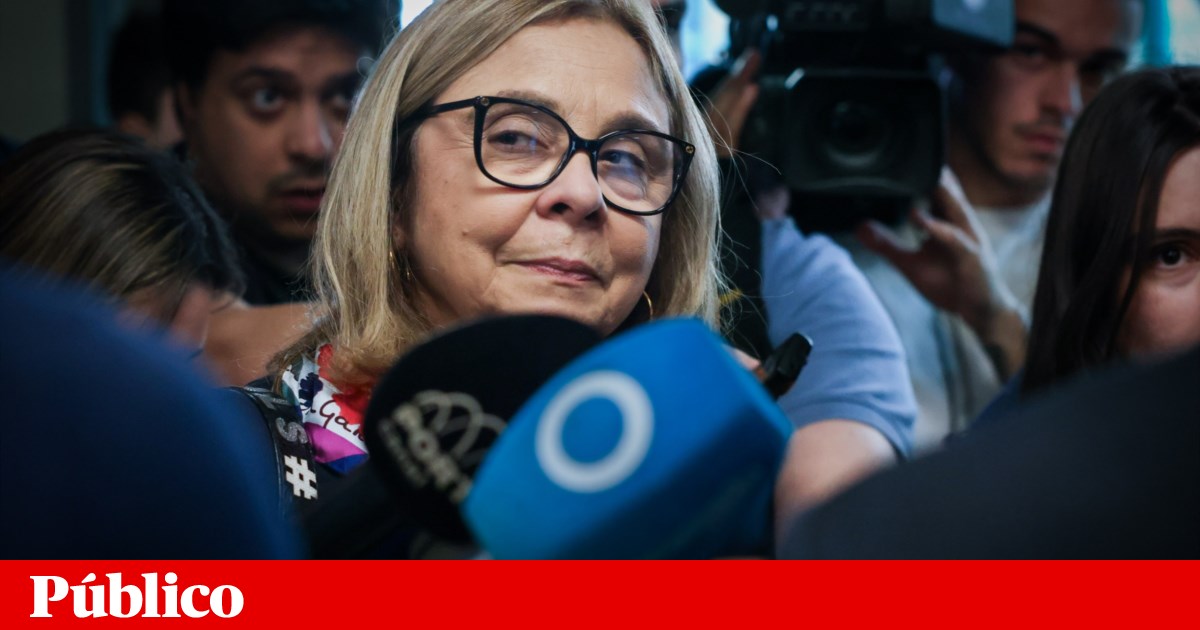
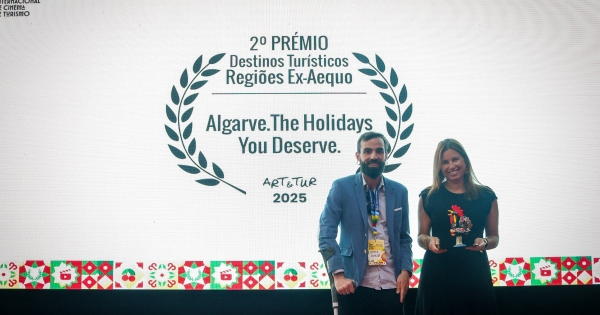
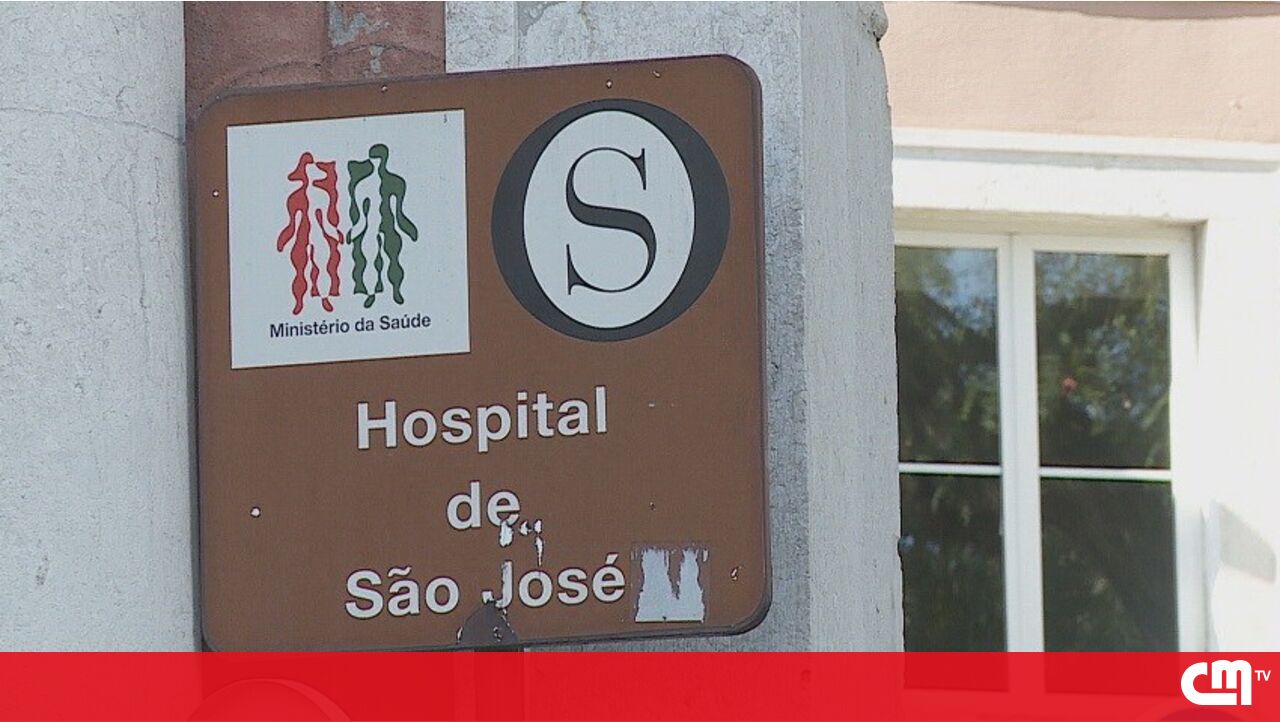


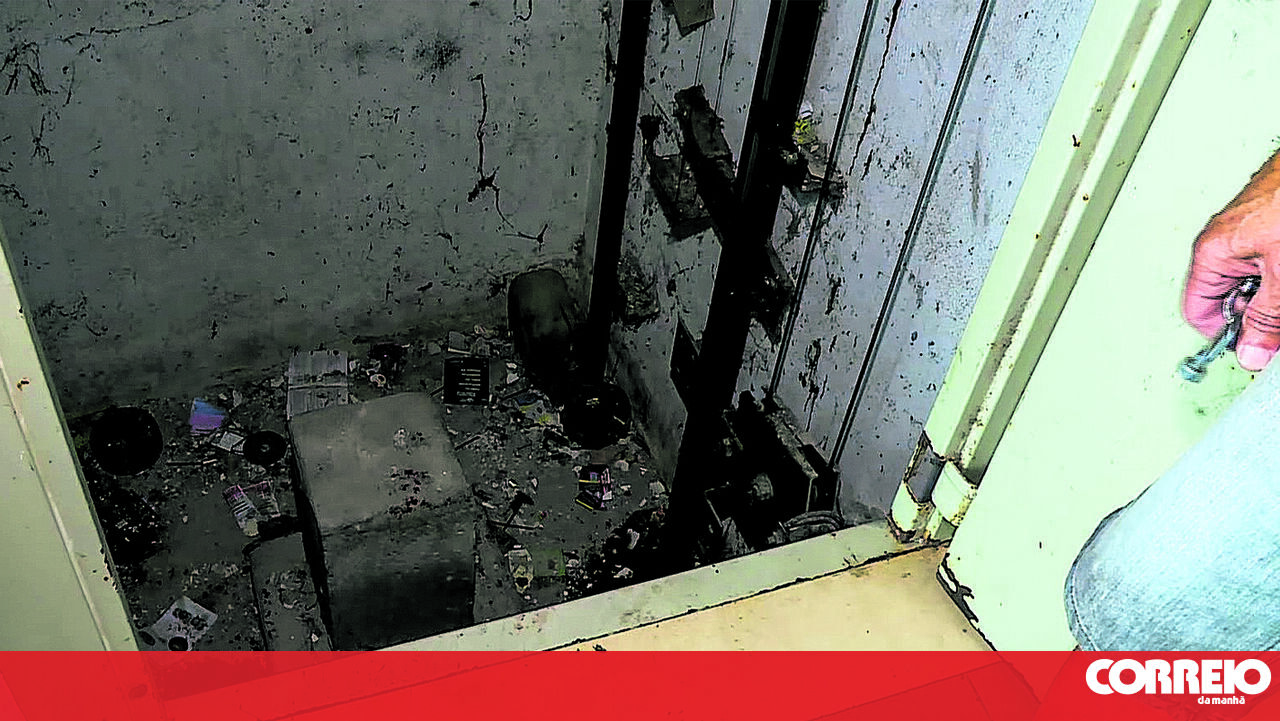
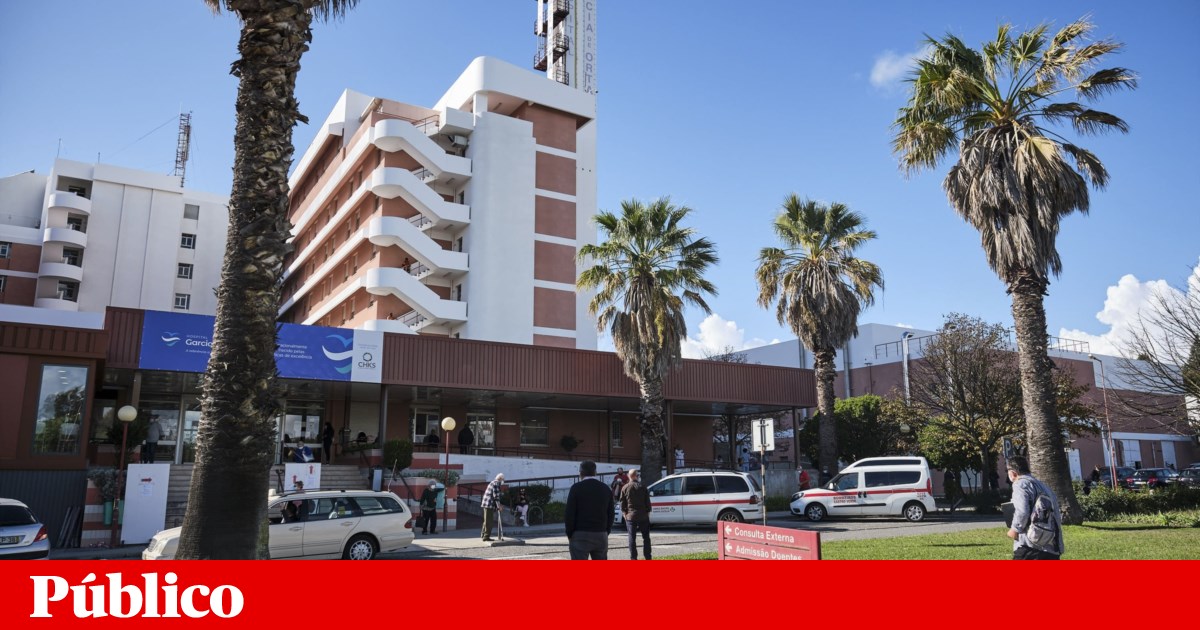

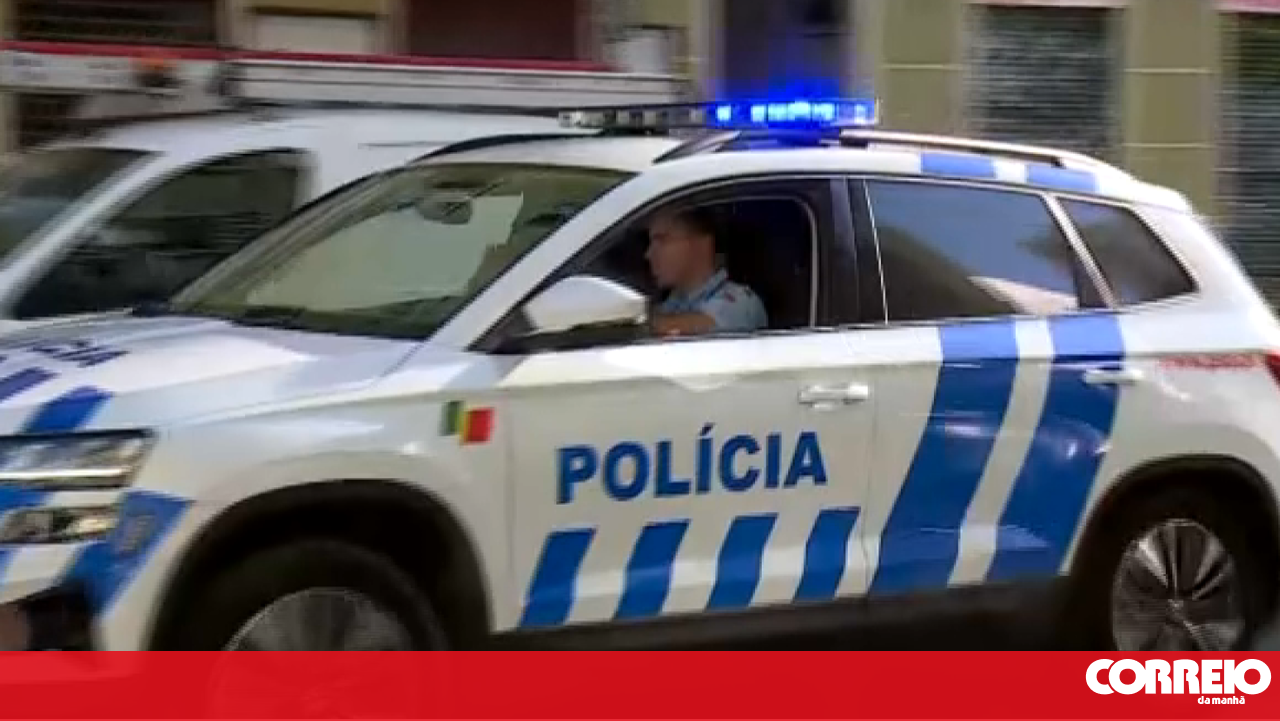

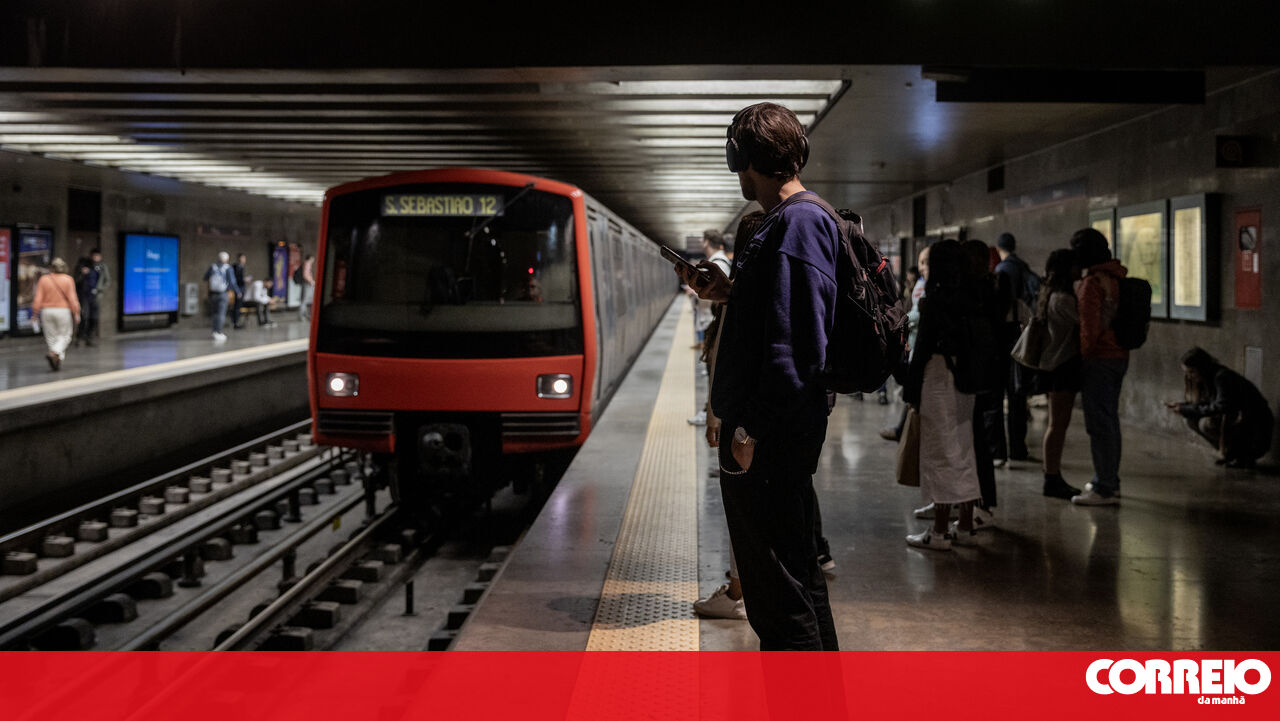


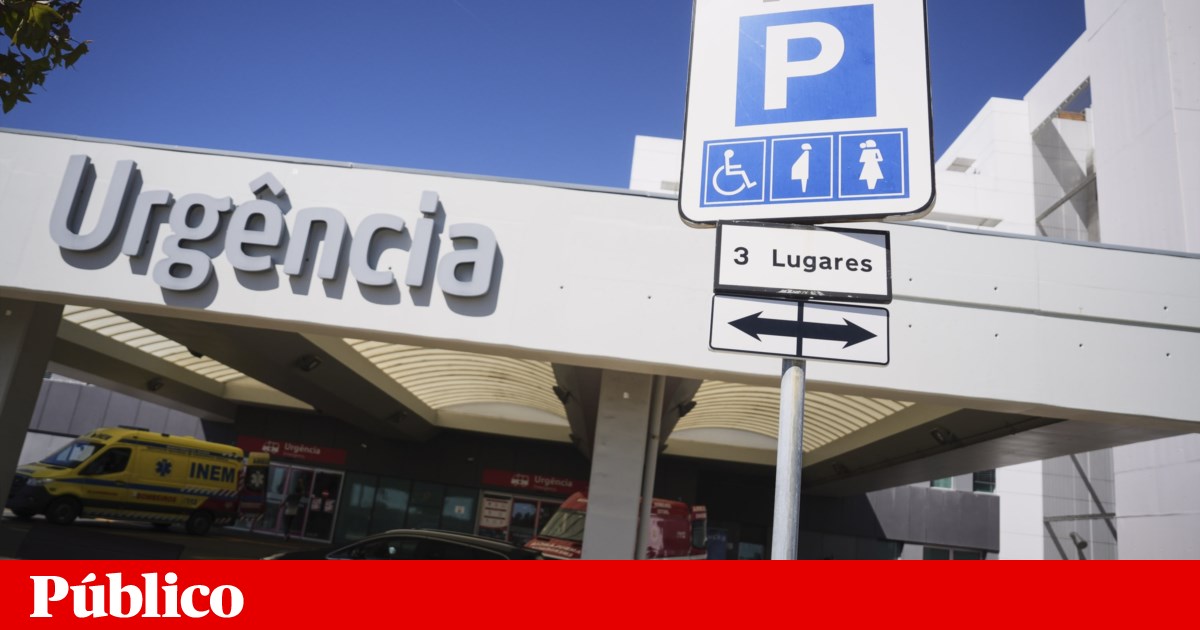

Comments
Join Our Community
Sign up to share your thoughts, engage with others, and become part of our growing community.
No comments yet
Be the first to share your thoughts and start the conversation!